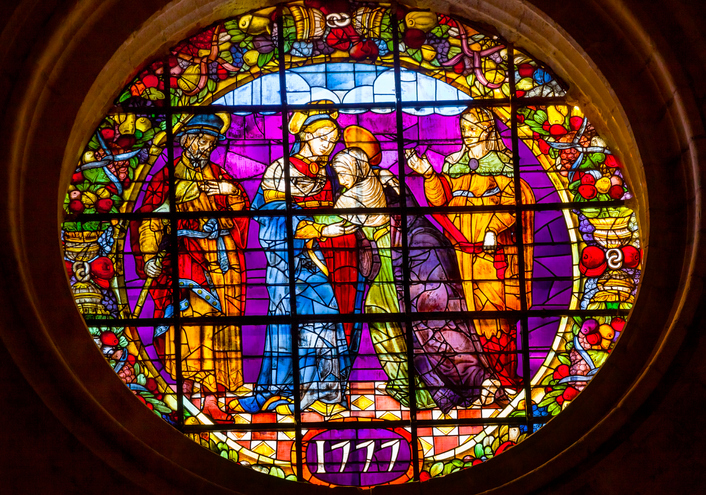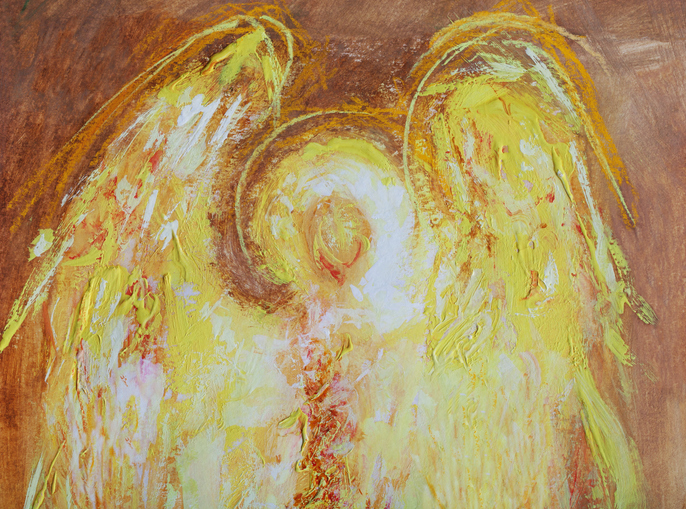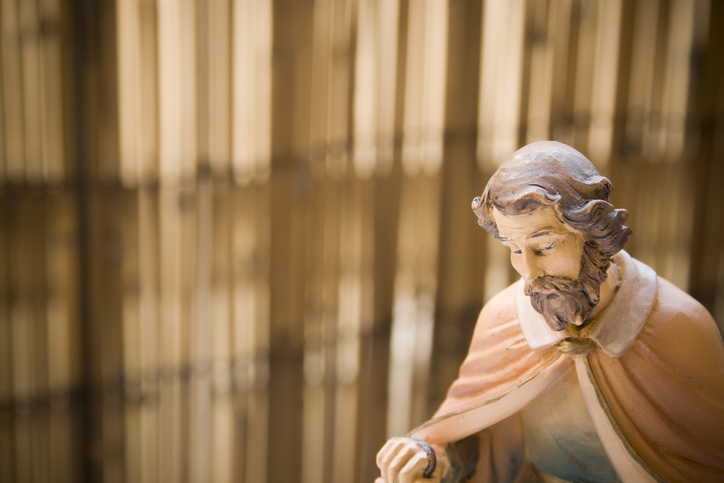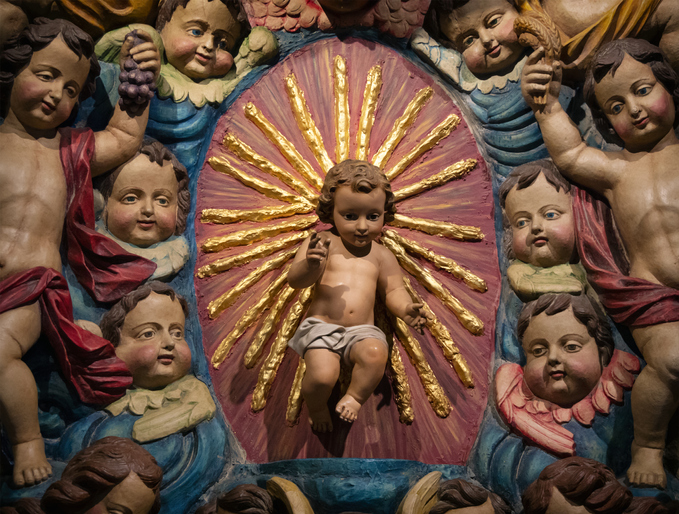“Jesus said, ‘I am the Truth,’ and it is your duty and mine to speak the truth. Then it is up to the person who hears it whether to accept or reject it.” -St. Teresa of Calcutta
Have you ever had a tough conversation? I know I have had a handful that really stand out in my 28 years. As a special education teacher, I have had many talks with families and co-workers that were uncomfortable, but I knew they had to be had because it was the right thing to do – my job is to advocate for my students and their needs and so this is the goal that drives these conversations.
Sometimes others may not understand the needs of the children I work with, and I have to bring an awareness of the abilities of students with disabilities. I often have to have conversations regarding the difference between fair and equal, and ultimately what this means for accommodating students on my caseload. My desire is to help people see the truth and beauty that God has given to my students and the gift that they are to the world.
Beyond these types of conversations, I have also had to defend my faith many times to those that were not Catholic or fallen away. When these talks occur, it is my duty as a Christian to love the person first and foremost. The focus must be upon loving the person, trusting that the Holy Spirit will provide the words we need in order to speak truth into the other individual. Conversion should not be the goal of the conversation, but rather love. Love is our primary vocation, and so that must be our goal entering into any conversations with those that may have been led astray or those that have not been exposed to the truth.
I pray that your heart will be open to the words God wants to give you today, whether it be a conversation with a family member, friend, co-worker, or stranger. Ask God to give you His eyes and heart so that you may see Jesus in everyone you encounter, approaching them with the honor and tenderness they have been given by God.

Nathalie Shultz is a joyful convert to the Catholic faith and a competitive swimmer with Obsessive Compulsive Disorder (OCD). She loves to share her passion for Catholicism with others, including her conversion story and how God continues to work miracles in her life through her OCD. She is the Director of Religious Education for the North Allegan Catholic Collaborative of parishes. Nathalie is married to her best friend, Tommy Shultz. Her favorite saints include St. Peter the Apostle, St. Teresa of Calcutta, and St. John Paul II. She is also a huge fan of C.S. Lewis. If you have any questions for Nathalie, or just want her to pray for you, you can email her at rodzinkaministry@gmail.com.



















